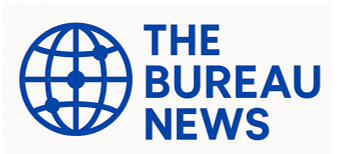Senate President Godswill Akpabio has declared that the National Assembly will not be held hostage by any member’s “disruptive instincts,” emphasizing the need for discipline and respect for rules to maintain the integrity of Nigeria’s democracy.
In a statement released by his media aide, Akpabio highlighted that enforcing legislative rules is not aimed at silencing dissent but is essential for preserving order within democratic institutions. He stated, “Democracy thrives only when its institutions are respected and its rules upheld.”
While he did not specify any lawmakers, his comments coincided with ongoing tensions involving Senator Natasha Akpoti-Uduaghan, who recently returned from a contested six-month suspension. Akpabio underscored that discipline in parliamentary conduct is crucial and comparable to practices in established democracies like the United Kingdom, Canada, and Australia.
He noted that the authority of parliamentary leaders must be respected, drawing parallels with the absolute authority of the Speaker in the UK’s House of Commons, where defying a ruling can lead to consequences.
Akpabio asserted that the Senate’s Standing Orders are vital for governance and are not mere ceremonial relics. He argued that these rules serve to ensure fairness, stability, and respect for leadership, defending the legislature’s right to impose disciplinary measures when necessary.
He remarked, “In the world’s most respected parliaments, members who flout rules face swift consequences.” Akpabio characterized the 10th Senate as resilient and balanced, committed to demonstrating that “freedom within order is the truest form of democracy.”
By affirming that the Senate will not be held hostage by any individual, he emphasized collective responsibility over personal grandstanding. Akpabio concluded that his leadership aims for stability and moral authority by upholding the Senate’s rules, which he believes protect against institutional decay. His statement comes amid ongoing discussions about legislative discipline and the boundaries of free expression within parliamentary settings.






